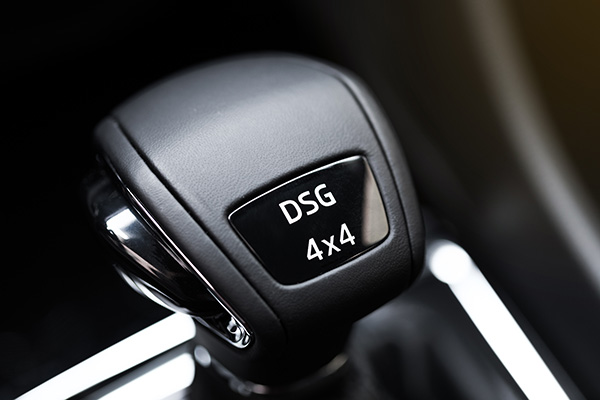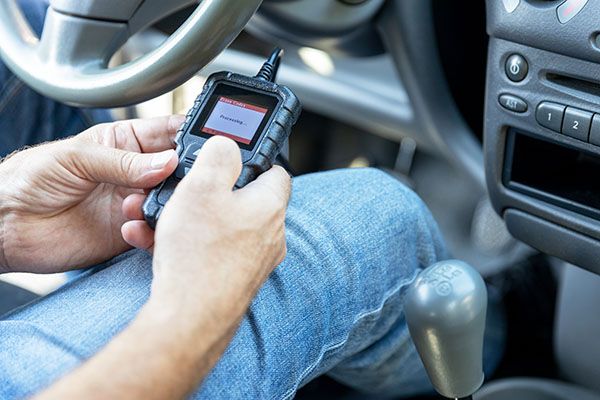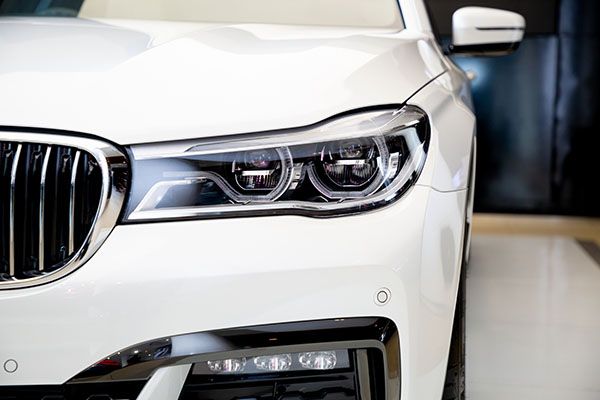Mon - Thu 8AM - 5:30PM, Fri 8AM - 5PM
Give us a call:
GermanTech MotorWorks, LLC
Mon - Thu 8AM - 5:30PM, Fri 8AM - 5PM
Payment Options




Services
List of Services
Services
List of Services
© 2024 GermanTech MotorWorks, LLC. All Rights Reserved | Website managed by Shopgenie



